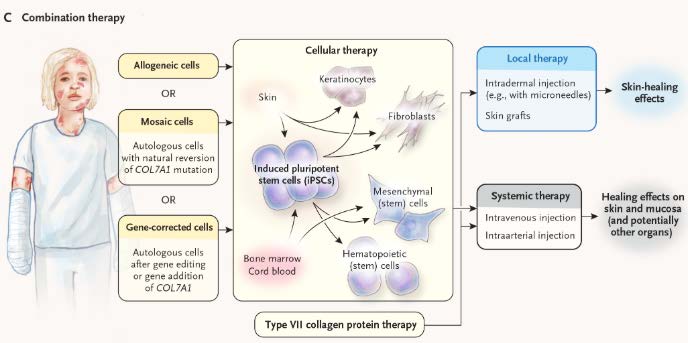The Next Generation of Evidence-Based Therapy for Rpidermolysis Bullosa
Speaker: Jakub Tolar (University of Minnesota, USA)
19 March 2026 17:00
Hosted by: prof. MUDr. Martin Bareš, Ph.D.
Jakub Tolar, MD, PhD, is the dean of the University of Minnesota Medical School and a Distinguished McKnight University Professor. He is also the vice president for Clinical Affairs at the University of Minnesota, board chair for University of Minnesota Physicians and co-leader of M Health Fairview, the joint clinical enterprise among the University of Minnesota Medical School, University of Minnesota Physicians and Fairview Health Services. An internationally recognized physician and researcher, Dr. Tolar is known for advances in blood and marrow transplantation, especially in treatment of stem cell failure syndromes (such as, Fanconi anemia and dyskeratosis congenita), metabolic disorders (such as, mucopolysaccharidosis type I and adrenoleukodystrophy), and connective tissue disorders (such as, epidermolysis bullosa). His research has been focused on developing genomic and cellular therapies for these rare disorders. Originally from the Czech Republic, Dr. Tolar received his medical education (MD) in Prague at Charles University. In 1992, he came to the University of Minnesota, where he received his PhD in Molecular, Cellular & Developmental Biology and Genetics.
About the Lecture
Epidermolysis bullosa—an inherited absence of type VII collagen—means overwhelming pain, progressive disability, and early death. Several treatments have shown promise, including our systemic approach with cell and gene therapies, skin grafting in the setting of immune tolerance, and combination with local treatments (please see the schema; adapted from Tolar et al. N Engl J Med. 2015 Jan 22;372(4):382-4). New (much needed, despite the progress so far) view is available: synthetic genomics combined with artificial intelligence. When applied to genomic medicine, this can enable personalized, programmable, and rapid therapies, with the therapeutic protein and regulatory factors delivered in the right form, time, and location. This is a paradigm shift—moving beyond simply fixing broken genes to reimagining how we understand and treat a genetic disease.

